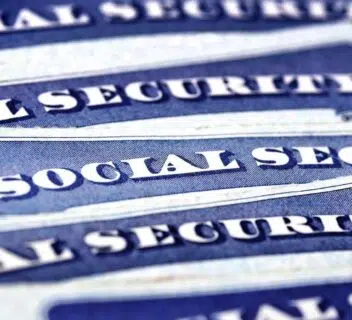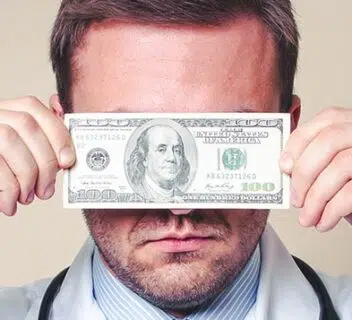Understanding Premises Only Liability: What Property Owners Need to Know
Premises only liability coverage protects property owners from lawsuits due to injuries on their property. If someone gets hurt because of unsafe conditions, this coverage shields you from expensive legal claims. In this article, we’ll cover what premises only liability is, why you need it, and how it differs from other types of insurance. You’ll also find out about common scenarios it covers and how to handle claims.
Key Takeaways
- Premises only liability coverage protects property owners from legal claims related to visitor injuries due to unsafe conditions, covering both legal expenses and compensation.
- Key elements of a successful premises liability claim include establishing duty of care, proving breach of duty, causation, and demonstrating damages linked to the property owner’s negligence.
- Consulting an experienced premises liability lawyer is crucial for navigating legal complexities, gathering evidence, and increasing the likelihood of fair compensation after an accident.
Understanding Premises Only Liability Coverage
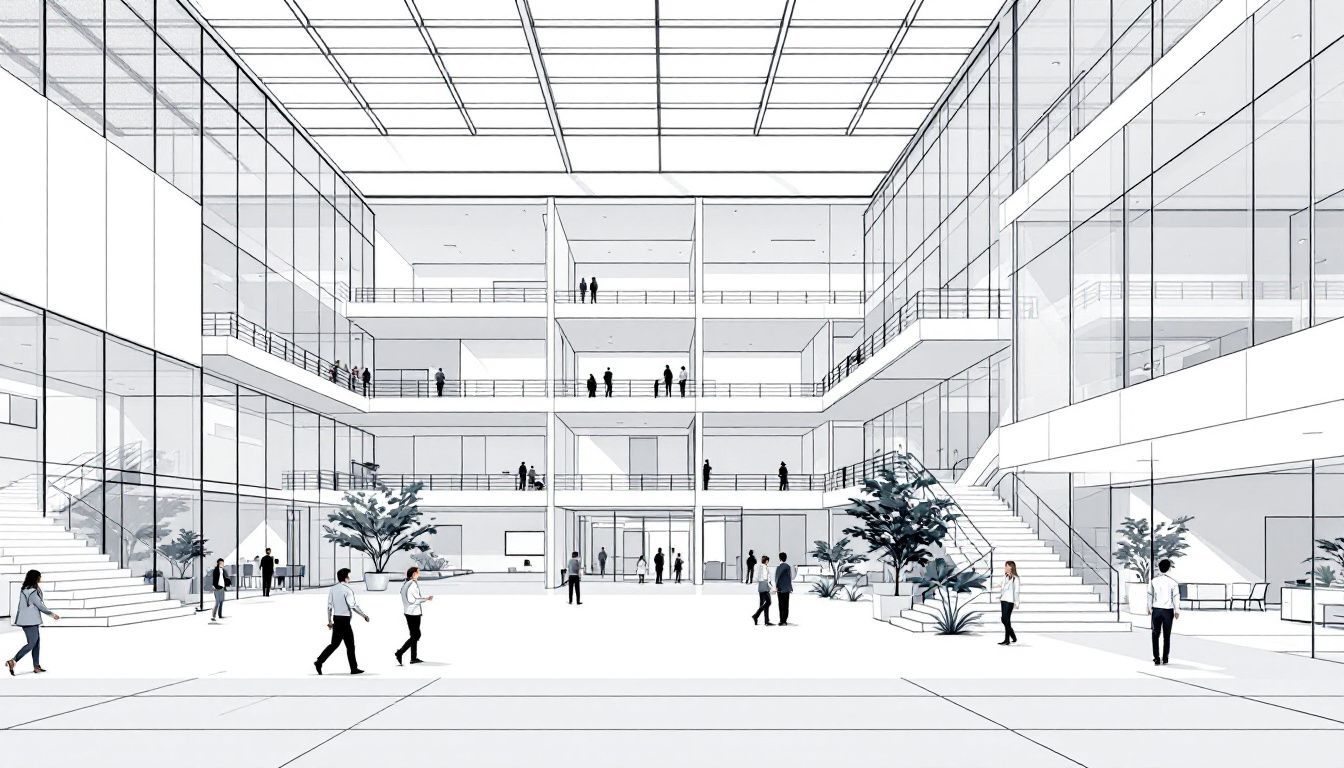
The necessity of premises liability coverage is paramount for those who own property, as it serves to safeguard them from claims related to injuries that occur due to unsafe conditions on the premises they control. This form of insurance provides a crucial layer of defense against lawsuits brought forth because a visitor was injured by negligence. Its central role is offering comfort and security to property owners so they can conduct their business free from anxiety over potential legal actions.
Should an individual sustain an injury while on your property, you might face substantial financial liabilities if the conditions there are deemed hazardous—this makes it imperative for proprietors to ensure their environments are hazard-free. Premises liability coverage acts as a shield against such accusations of neglect by covering both monetary compensation owed and associated legal costs.
Another compelling attribute of this specific type of insurance is its cost-effectiveness relative to more comprehensive policies. Thus, making it an appealing option for numerous individuals seeking protection without unnecessary expense. It encompasses prospective attorney fees which often become quite hefty within the context of premises liability disputes. The inclusion in one’s risk management strategy allows proprietors not just fulfill but exceed their duty in maintaining care for visitors while preventing economic distress following unpredicted mishaps.
Under laws concerning premises liability, the responsibility placed upon owners regarding incidents caused by oversight underscores how critical it is that guests’ safety be assured when visiting these locations—for instance through falls prompted by unmarked wet floors or other harms provoked due to lackluster illumination among other risks present—a dedicated only-premises policy ensures financial sheltering enabling proprietors effectively manage any resulting grievances or charges made thereof.
Key Differences Between Premises Only Liability and Other Insurance Types
Understanding the distinction between premises liability coverage and other types of insurance is essential. Premises liability coverage specifically caters to bodily injuries sustained on the property resulting from the owner-operator’s negligence, recklessness, or intentional misconduct, with slip and fall accidents being a primary concern addressed by this coverage. It does not include mishaps occurring in vehicles or at off-site locations.
General liability insurance, on the other hand, offers wider protection against various claims from third parties, which can range from physical injury to advertising-related harm. Although general liability coverage casts a broader net, it doesn’t focus exclusively on issues stemming from negligence related to one’s property as premises liability insurance does.
For incidents involving automobiles, premises liability insurance will not suffice. Auto-specific policies are necessary for such occurrences. This knowledge allows owners of properties to strategically select their insurance based on the particular liabilities they need to mitigate.
Common Scenarios Covered by Premises Only Liability
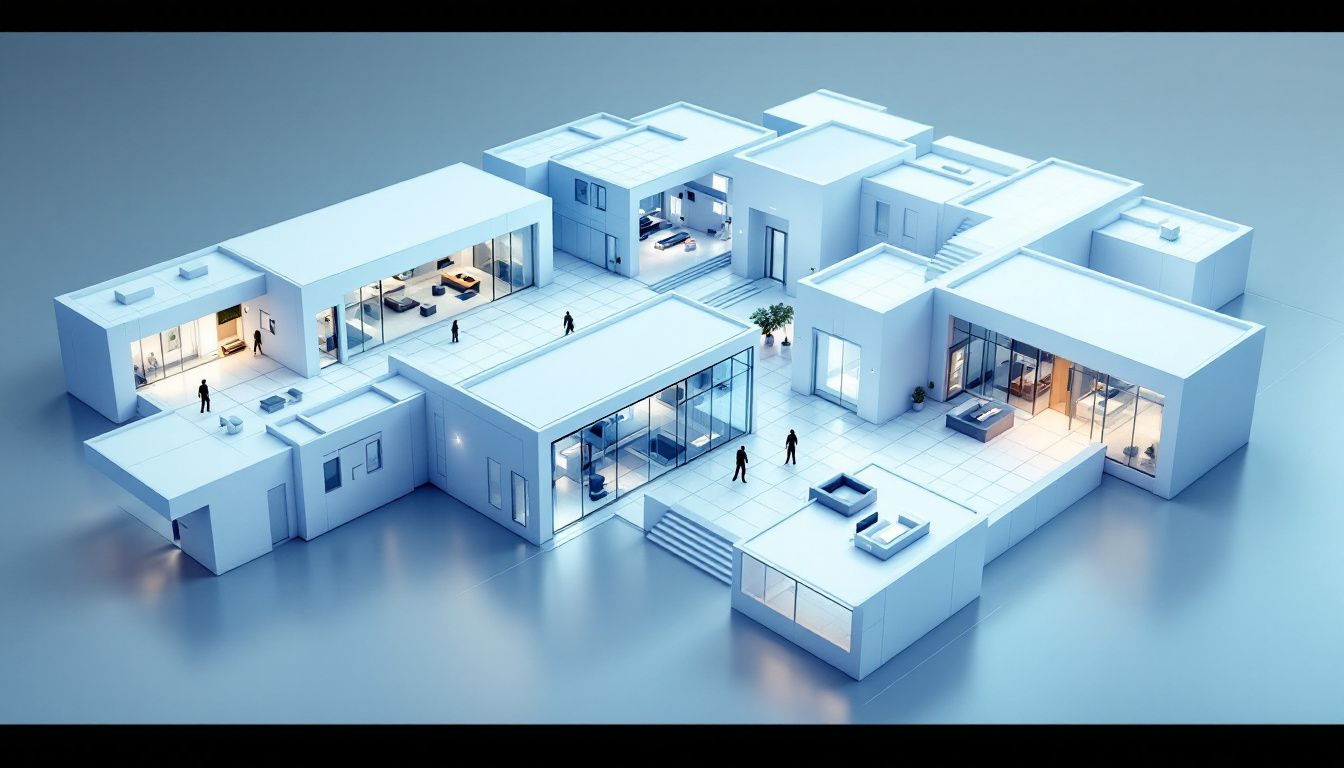
Premises liability claims arise when property owners or operators fail to maintain a reasonably safe environment. Common incidents include slip and fall accidents, trip and fall accidents, and inadequate security. These incidents can lead to a wide range of injuries, from minor bruises to severe fractures and traumatic brain injuries, often requiring compensation for medical expenses and emotional distress.
Frequent hazards in premises liability cases include poor lighting, uneven flooring, and wet floors. For example, a poorly lit stairwell or a wet grocery store floor can cause significant injuries, making property owners liable for damages.
Inadequate security measures, such as locked entrances in apartment buildings, can also expose property owners to liability if they fail to provide a safe environment for residents and visitors.
Elements of a Premises Liability Claim
In order to win premises liability claims, it is essential to demonstrate that the property owner had a duty of care, that there was a failure to fulfill this duty, and that the negligence, recklessness, or intentional misconduct of the property owner / operator led directly to harm, and tangible losses were incurred.
The initial step involves proving that there was an obligation on behalf of the property owner /operator to maintain safety for those on their premises. To show a breach occurred necessitates evidence indicating inadequate maintenance or lack of warnings regarding potential dangers — or if there was a dangerous condition of property, that the owner-operator failed to repair/correct the dangerous condition.
It must then be established that this disregard by the property owner caused injury. The ensuing damages encompass both physical and emotional repercussions faced by the injured party, which can include medical costs as well as pain and suffering endured due to such negligence.
Establishing Duty of Care
Duty of care is a fundamental aspect of premises liability law. The level of duty varies based on the visitor’s status—invitee, licensee, or trespasser. Invitees, like customers, are owed the highest duty of care, requiring property owners to ensure their safety.
Property owners must warn licensees of known dangers that they might not discover themselves. Property owners’ trespassers are owed the least duty of care, requiring owners to avoid willfully causing harm. However, if frequent trespassing is known, owners must take reasonable care to avoid creating hazards.
These distinctions are crucial for both property owners and visitors in premises liability cases.
Proving Breach of Duty
Proving a breach of duty is vital in premises liability claims. Negligence involves failing to act with the care a reasonable person would in similar situations. Plaintiffs must present evidence like photographs, video footage, witness testimony, and expert opinions.
In slip and fall cases, showing that the property owner knew or should have known about the hazard and failed to address it is necessary. This requires thorough documentation and evidence collection. Plaintiffs must also prove they were not negligent in causing their injuries.
Causation and Damages
Establishing causality is crucial in premises liability cases. Plaintiffs must show that the property owner’s negligence significantly caused their injuries, proving the defendant’s misconduct was substantially responsible. Prompt medical care and injury documentation can help establish this link.
Damages in premises liability cases can include lost wages, medical expenses, and pain and suffering. Collecting evidence like photographs and witness statements at the scene can substantiate the claim. Maintaining physical evidence and detailed accounts of the incident is also vital for proving negligence and securing fair compensation.
Defenses in Premises Liability Cases
Property owners often use various defenses to avoid liability in premises liability cases. One common defense is the “Open and Obvious” doctrine, arguing that the hazard was apparent and the injured party should have noticed it. Plaintiffs can counter this by showing the property owner had actual or constructive notice of the dangerous condition.
Another defense is contributory negligence, suggesting that the injured party’s own negligence contributed to the accident. For example, if a visitor wasn’t paying attention and tripped over an uneven floor, the property owner might argue the visitor’s lack of caution contributed to their injuries. Plaintiffs can counter this by showing the property owner failed to mitigate potential harm or that the hazard was obscured and not easily noticeable.
Defendants may claim they conducted reasonable inspections and maintenance to keep the premises safe. Plaintiffs must refute this by showing the property owner neglected known hazards or failed to perform adequate inspections. Understanding and countering these defenses is crucial for plaintiffs.
Importance of Consulting an Experienced Premises Liability Lawyer
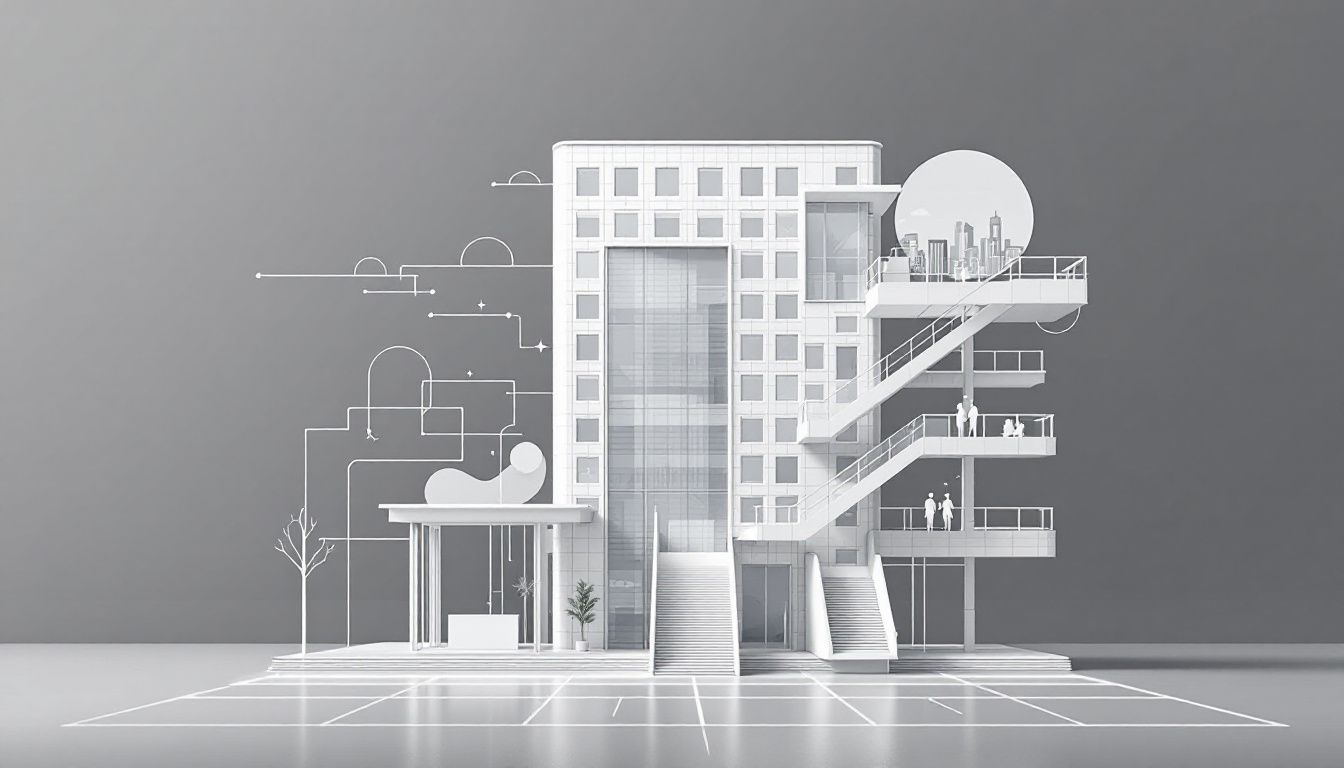
Without expert legal representation, tackling a premises liability claim can become an overwhelming challenge. Contact 1-800-THE-LAW2 today for a free legal consultation with an attorney in our network. Securing the services of a seasoned attorney can be instrumental in guiding you effectively and enhancing your prospects for success. Such attorneys are adept at clarifying your entitlements, procuring evidence, and formulating a compelling case.
Engaging an attorney who specializes in premises liability offers the distinct advantage of their proficiency in dealing with insurance entities that frequently endeavor to reduce settlement amounts. A proficient lawyer will advocate for equitable reparation on your behalf. Many lawyers handling these claims operate on contingency fee arrangements – you incur fees only upon securing victory in your case – thus removing immediate financial burdens associated with obtaining legal assistance.
Most attorneys specializing in this field offer free initial consultations which present an opportunity to review your situation and assess potential strategies without any economic commitment. Promptly involving a lawyer enhances one’s capacity to manage complex legal matters more efficiently while bolstering the probability of attaining favorable results from compensation efforts. Engage promptly with a competent local counsel as it is crucial for advancing remuneration pursuits and achieving justice within these scenarios.
Cost Structure of Hiring a Premises Liability Lawyer
Grasping the financial framework for engaging a lawyer specializing in premises liability is crucial. Such lawyers frequently adopt a contingency fee model where their remuneration is contingent upon the successful resolution of your case, constituting between 25% and 40% of the final settlement or judgment amount. This setup significantly reduces upfront costs for claimants since they are not obligated to pay legal fees if their case does not result in victory.
While attorneys often front litigation expenditures like court filing charges and payments due to expert witnesses, these amounts are typically recouped from any awarded funds at conclusion. Though less prevalent within personal injury claims, other payment alternatives such as hourly billing or fixed rates might be available depending on negotiation.
The stipulations governing contingency agreements vary by state jurisdiction, but usually mandate transparent communication regarding attorney compensation terms and expense management strategies. A thorough comprehension of these elements is beneficial when securing representation for an incident related to premises liability wherein negligence results in harm.
Steps to Take After a Premises Liability Accident
After a premises liability accident, prompt and appropriate actions can significantly impact your claim’s outcome. First, seek immediate medical attention to ensure your health and document your injuries. Delaying care can complicate recovery and weaken your legal claim.
Next, document the scene and gather evidence. Photographs, witness statements, and other evidence are crucial for substantiating claims and demonstrating negligence.
Finally, contact an experienced premises liability lawyer to discuss your case and seek compensation. A lawyer can help navigate complexities, secure vital evidence, and maximize compensation claims. Contact 1-800-THE-LAW2 today for a free legal consultation with an attorney in our network.
Seek Medical Attention Immediately
Immediate medical intervention is crucial after a premises liability accident. Injuries may not be apparent right away due to adrenaline, and prompt care can identify hidden injuries like internal bleeding or concussions.
Timely medical treatment also creates a record linking your injuries to the accident, which is vital for seeking compensation and proving claims.
Document the Scene and Gather Evidence
Gathering evidence at the location is crucial in establishing a robust premises liability case. Capturing images, obtaining testimonies from witnesses, and collecting additional proof can bolster allegations of negligence and highlight dangerous conditions on the property. This recorded information plays an essential role in corroborating claims and solidifying your stance legally.
Contact an Experienced Premises Liability Lawyer
Consulting a qualified local personal injury lawyer is critical after an accident. An experienced lawyer can evaluate your case, gather evidence, and navigate the legal complexities involved in premises liability claims.
For a free legal consultation, contact 1-800-THE-LAW2 to connect with a qualified local premises liability attorney.
Summary
Understanding the intricacies of premises liability is crucial for any property owner, as it involves grasping the essentials of liability coverage specific to your property. This type of insurance serves as a critical protective barrier against legal repercussions stemming from injuries and mishaps occurring on your land or within your building. By fostering a secure environment and being vigilant about situations that could give rise to liability claims, you can markedly diminish the incidence of accidents and ensuing litigation.
Should an accident occur, awareness of appropriate actions—such as promptly obtaining medical help for anyone injured, documenting evidence at the scene comprehensively, and getting in touch with an experienced premises liability lawyer—is paramount. The content here offers an all-encompassing insight into key facets relating to liabilities on premises, preparing you with essential knowledge for safeguarding both yourself and your property effectively. It’s important to stay informed—and taking proactive measures stands as your most reliable safeguard against potential legal woes or fiscal setbacks.
Frequently Asked Questions
What is premises only liability coverage?
Premises only liability coverage protects property owners against legal claims for injuries that occur on their property due to negligent unsafe conditions.
This coverage is essential for mitigating financial risks associated with potential accidents.
How does premises liability differ from general liability insurance?
Liability for incidents on property, known as premises liability, pertains to the responsibility of property owners when injuries are sustained on their property due to negligence. In contrast, general liability insurance provides a wider scope of coverage against assorted claims from third parties.
Understanding this difference is imperative for those who own property so they can secure sufficient protection.
What are common scenarios covered by premises liability insurance?
Premises liability insurance typically covers slip and fall accidents, trip and fall accidents, and incidents arising from inadequate security measures.
These situations highlight the importance of maintaining safe premises to protect visitors and mitigate legal risks.
What should I do immediately after a premises liability accident?
Immediately seek medical attention to address any injuries and document your condition.
Then gather evidence from the scene and consult a qualified premises liability lawyer for guidance.
How can a premises liability lawyer help me?
A premises liability lawyer can effectively navigate the legal process, gather essential evidence, and negotiate with insurance companies to maximize your compensation.
This expertise ensures your rights are protected and you receive the support you need.


